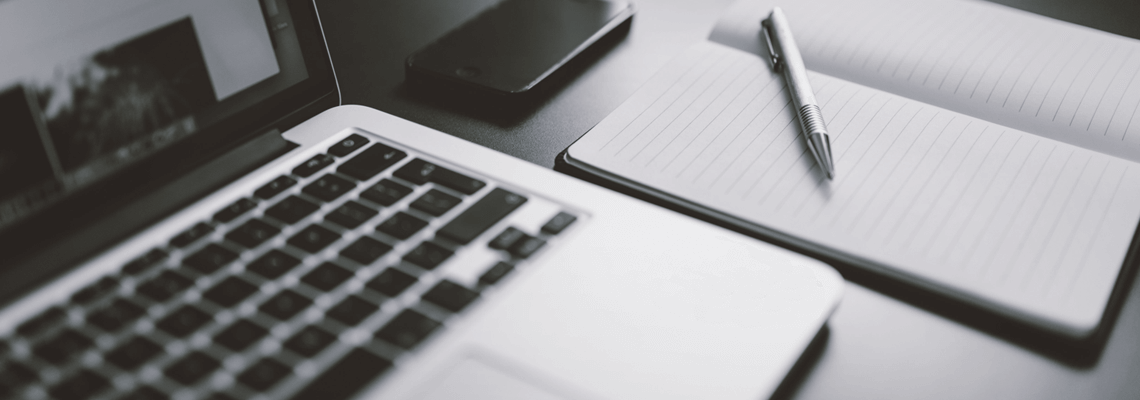
Chapter 7 Can . . . Help You Deal with Secured Debts from Your Closed Business
Chapter 7 puts you more in control over whether to keep or surrender the collateral that secures your business debts.
As you close down your business, what would you like to do with the collateral securing your business loans and debts?
Is the collateral a business asset you no longer need? Then you want to avoid or at least minimize your personal liability on the debt after you surrender that collateral.
Do you need that business asset for your new employment or new self-employment? Then you’d like to figure out a way to keep paying for it.
Did you have to provide personal assets as collateral for your business debts? Then you want to have sensible ways either to keep these personal assets or surrender them. You just want to avoid bad financial consequences either way.
Filing a Chapter 7 bankruptcy case will often help with each of these.
Surrendering Business Collateral
Usually if you surrender business collateral to the creditor on the secured debt, you will be personally liable for much of the remaining debts. This is true regardless of the kind of business debt at issue.
Whether a simple business equipment or business vehicle purchase, the lease of a business premises, or a business bank loan secured by virtually all assets of the business, the collateral’s value at surrender is almost never enough to pay off the entire debt. Plus you almost certainly were required to personally sign or guarantee the business debt, at least the major ones. In practice, with small businesses, efforts to shield your personal liability behind a business or corporate name seldom work.
The good news is that a personal Chapter 7 bankruptcy almost always discharges (writes off) such liabilities. Other than in situations of fraud, you would no longer owe any “deficiency balance”—the amount that you would otherwise owe after the surrendered collateral is sold and credited to the account.
Keeping Business Collateral
If you are personally liable on a debt with collateral you want to keep, generally the creditor will allow you to keep it as long as the account is current when your Chapter 7 bankruptcy case is filed (or else you quickly bring it current). But usually you must legally agree to remain liable on the debt after the bankruptcy case is over. You would do so by “reaffirming” the debt—formally excluding the debt from the general discharge of your other debts.
Whether reaffirming a debt to keep the collateral is wise depends on the value of the collateral compared to the balance on the debt, the importance of the collateral to you, and your confidence in being able to pay off the debt under its terms.
A Chapter 7 bankruptcy should help you bring the account current and then to pay it off over time. That’s because all or most of your other debts will likely be discharged. That enables you to focus your financial resources on keeping the business collateral you need.
Surrendering or Keeping Personal Collateral
When you incur business debts, the creditors often insist on securing the debt with your personal assets. Among other things these often include your vehicle, boat, or a second mortgage on your home. After your business fails, without bankruptcy you often don’t have good options.
If you are willing to surrender the particular collateral, you would very likely owe a major deficiency balance. So, in spite of having given up the collateral, you would still have to pay much of the debt.
If instead you want to keep the personal collateral, you would have to catch up on your payments. And then you have to make those payments on time until you pay off the debt. But that may be very difficult or impossible while burdened with all the rest of your business and personal debts.
But a Chapter 7 bankruptcy often opens up both options. You could surrender whatever collateral whose debt you felt was not worth paying for. And almost always any remaining debt would go away. And on debts with collateral you want to keep, you would much more likely be able to catch up if you are behind, make consistent payments on, and successfully pay off the secured debt.
